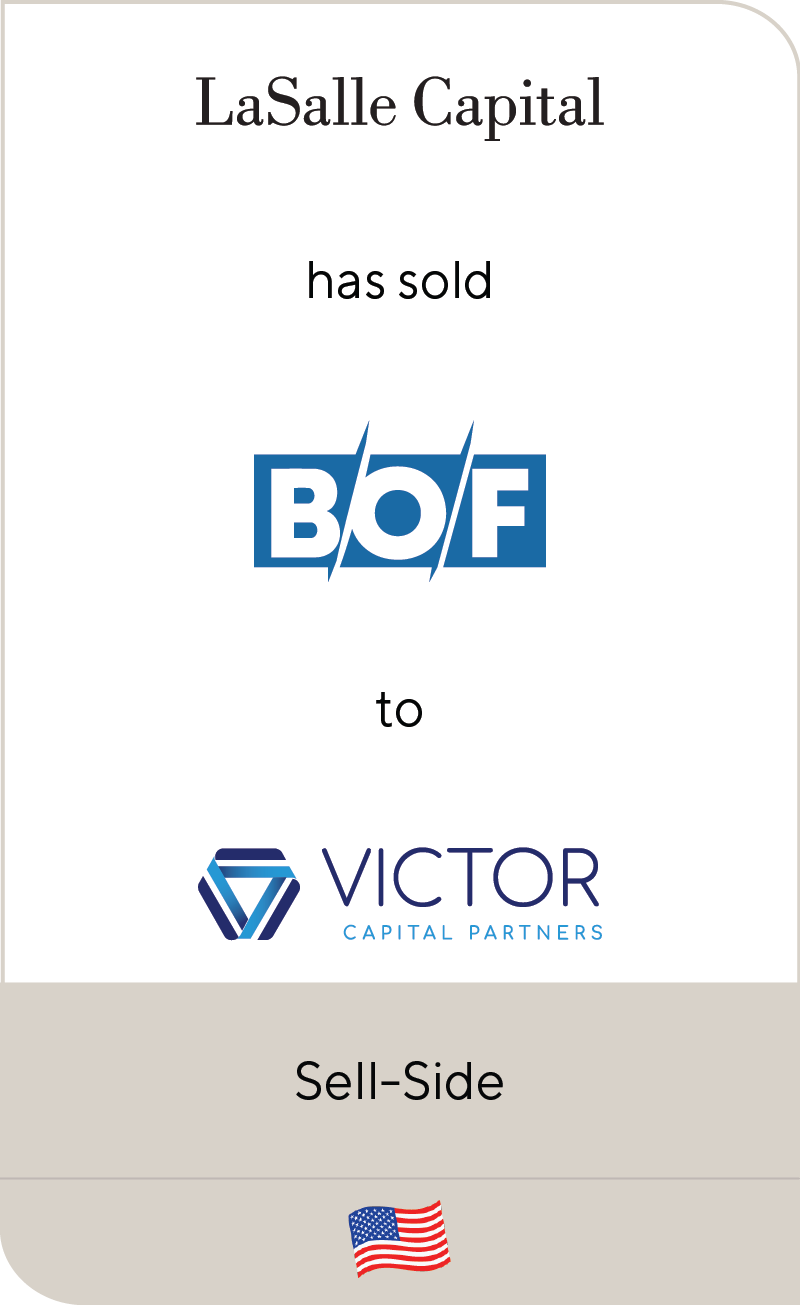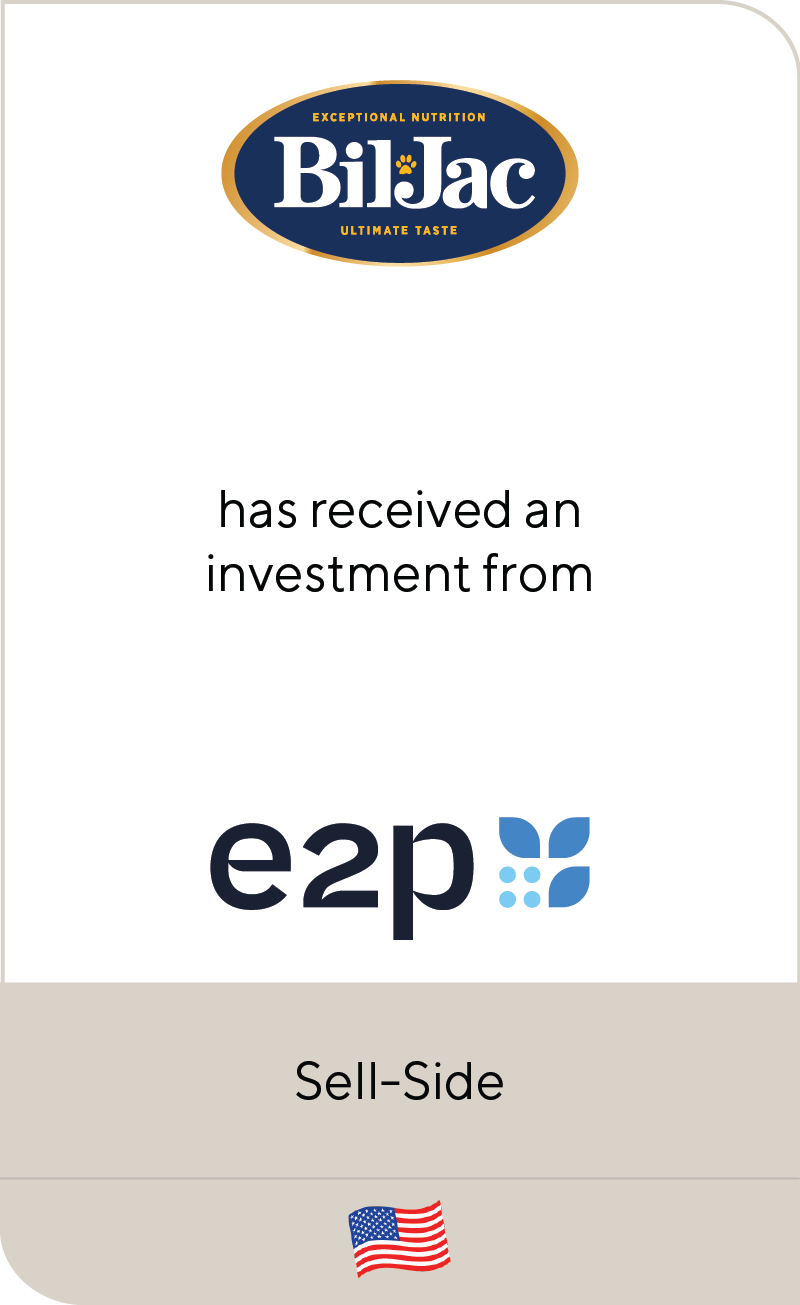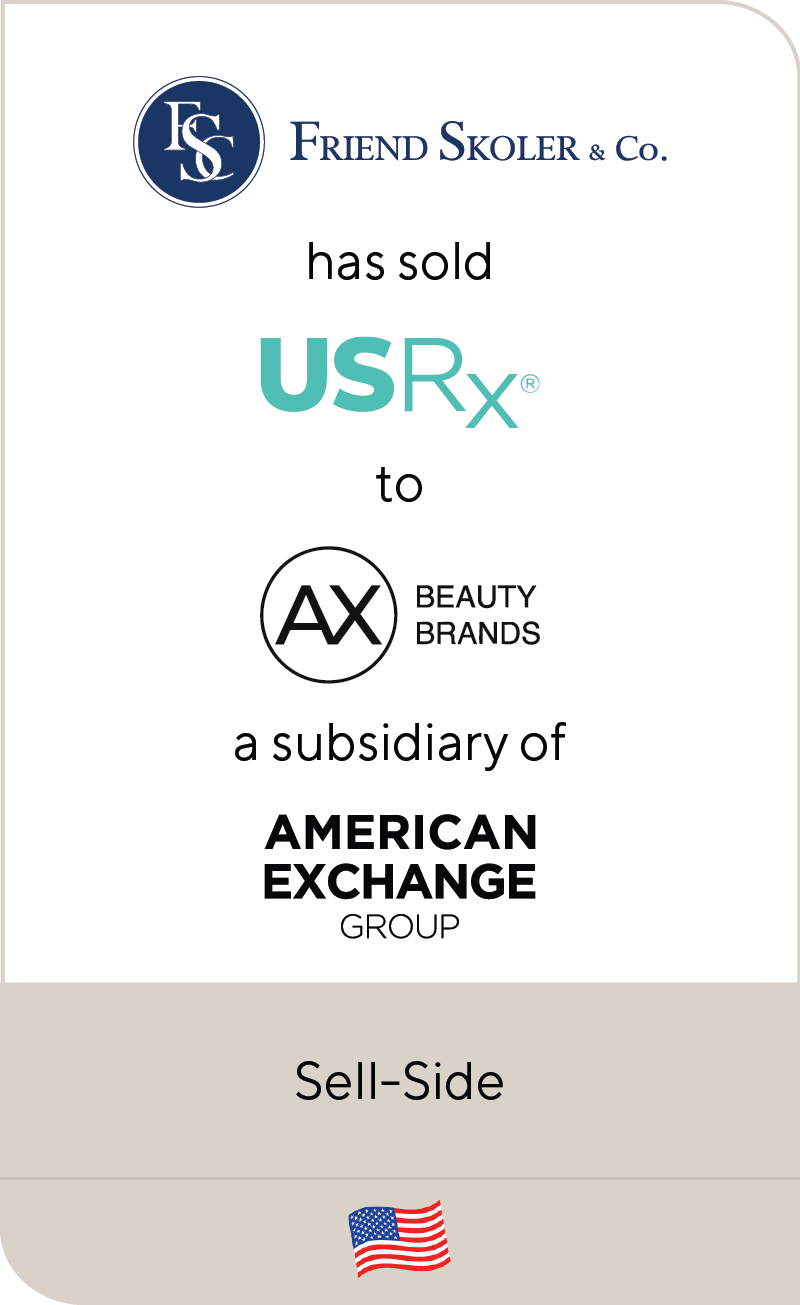Restaurant Investors Are Expected to Remain Active in 2020
Buyers Are Sitting on Capital That Needs to be Deployed
While middle market restaurant brands once aggressively pursued IPO’s as the liquidity event of choice, today private equity and family offices have become the go-to sources of capital for transactions for restaurant owners. With private equity sitting on record amounts of dry powder and an ever-increasing number of family offices seeking to make direct investments, the financial investor universe remains large and acquisitive. In addition, conditions in the leverage markets remain borrower friendly, buoyed by record volumes of private debt funding in recent years (unlike the broadly syndicated market which has seen a number of years of consecutive outflows). Equity and debt investors alike are sitting on capital that needs to be deployed, and those that are experienced in restaurants can get comfortable with the cyclical nature of the industry as we continue the longest post-war economic expansion on record.
The Restaurant Buyer Landscape
A recent common investment thesis in the restaurant sector is the rise of the multi-brand platform as experienced investors seek alternative ways to play the sector. The over-saturation of brick-and-mortar restaurants in certain segments, traffic challenges, uncertainty surrounding profitability of delivery sales, and investments required in supporting infrastructure to adapt to the evolving operating environment, have driven an increase in M&A activity in multi-brand platforms seeking economies of scale and to share services for management teams and infrastructure.
Platforms that have been aggressively pursuing M&A include Inspire Brands and FOCUS Brands (Roark Capital), JAB’s Pret-Panera platform, Global Franchise Group (Lion Capital / Serruya Private Equity JV) and, Founders Table Restaurant Group (Chopt / Dos Toros holding company owned by L Catterton). Notably, all of these platforms are owned by financial investors (“strategic financial buyers”) who are often seeking to share common investments in infrastructure and obtain synergies (e.g., procurement, finance team, real estate, etc.). To be clear, financial investors remain active in seeking platform investments, but quite often platform investments are targeting a mono-brand investment thesis focused on a concept that is truly differentiated and a category creator / leader (e.g., The Chicken Salad Chick / Brentwood Associates, Cooper’s Hawk Winery & Restaurants / Ares Management, etc.). In addition, strategic investors, many of whom are sitting on cash and are under pressure from the their investors to achieve growth / a return on capital (and that can’t achieve the required growth / return rates by pursuing an organic, new restaurant growth strategy given the dynamics of brick-and-mortar), remain active as evidenced by the following transactions in 2019:
| Cracker Barrel’s investments in Punch Bowl Social and Maple Street Biscuit Factory | The Cheesecake Factory’s investment in Fox Concepts | Yum Brands in Habit Burger |
Restaurant Valuation Insights
The influx of financial investors who often place a premium on the less capital-intensive franchisor models and prefer what are commonly higher-margin royalty stream restaurant concepts, combined with the typically increased leverage available for such buyouts, has helped to drive a wider valuation gap over concepts operating under the corporate franchisor models. Combined with the discrepancy in valuations seen between full service concepts (which often operate under the corporate model) and limited service / QSR concepts (which naturally lend themselves to franchising given the lower up front buildout investment required from franchisees), valuations continue to be bifurcated, as is also demonstrated by the trading multiples of public restaurant companies. As it relates to growth concepts, from our experience, given the contribution that corporate model restaurants generate vs. a franchisor (generating income from a single digit royalty stream), the bifurcation in valuation between the two is not as substantial until a franchisor has reached material scale.
Lincoln PerspectiveRestaurant M&A activity will remain high in 2020 driven by financial and strategic investors that have capital to deploy and that are supported by strong credit markets. Investors will continue to pursue opportunities ranging from smaller, differentiated concepts that display high growth, to larger more mature concepts that still have some whitespace and that can provide meaningful synergy opportunities when combined with other brands and concepts as part of a larger platform. |
Summary
-
Lincoln International's Global Consumer professionals discuss the restaurant mergers and acquisitions landscape for investors
- Click here to download a printable version
- Sign up to receive Lincoln's perspectives
Contributors
Meet our Senior Team in Consumer

I have a hands-on approach and bring energy, creativity and passion to every client transaction.
Eddie Krule
Managing Director
Chicago
I design strategies and offer solutions that fit the unique ambitions of each client I serve.
Brian Little
Managing Director
Los Angeles
I take a long-term approach to building relationships and understanding clients' businesses in order to provide timely and relevant advice.
Alex Masters
Managing Director & Co-head of Consumer, Europe
London

















